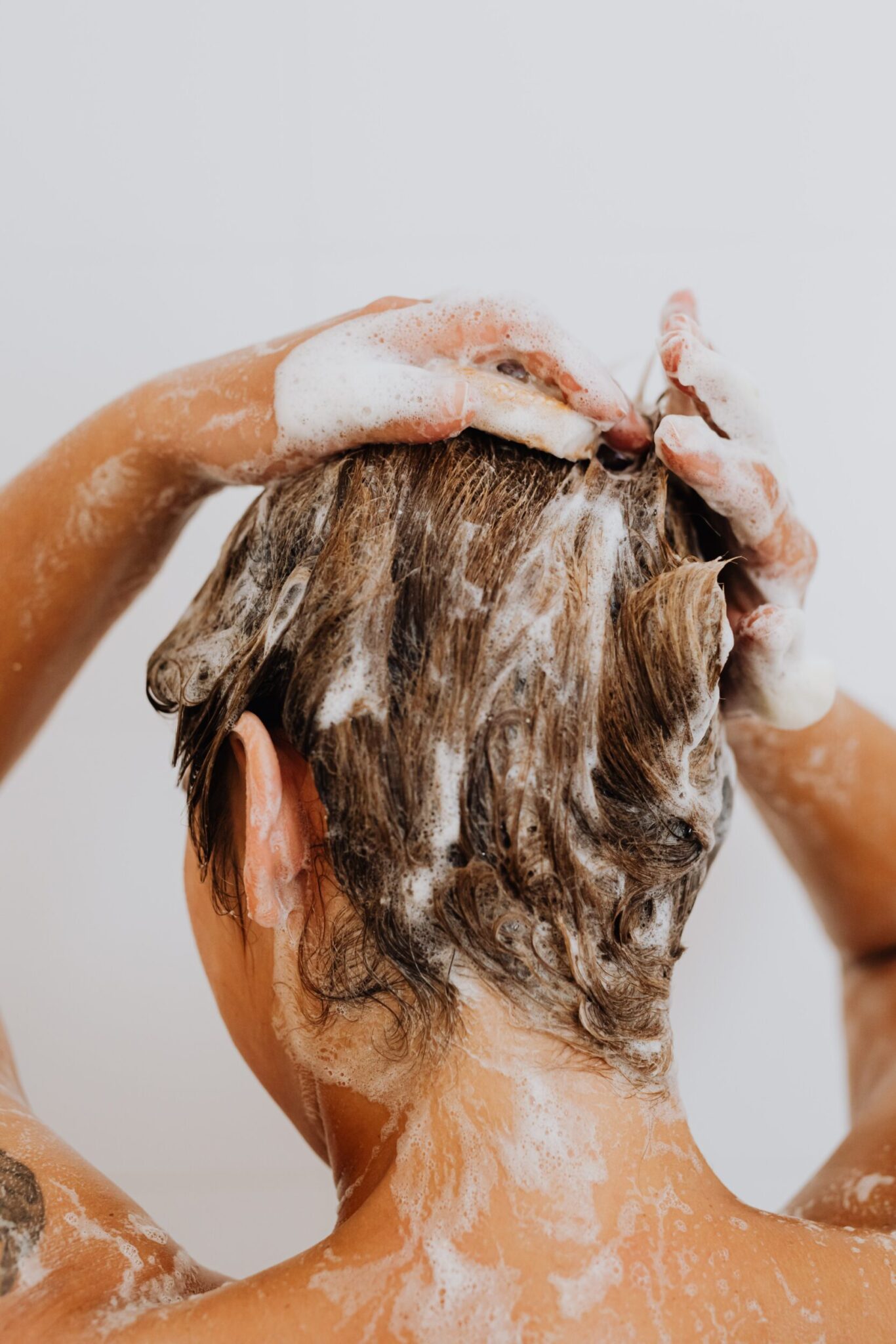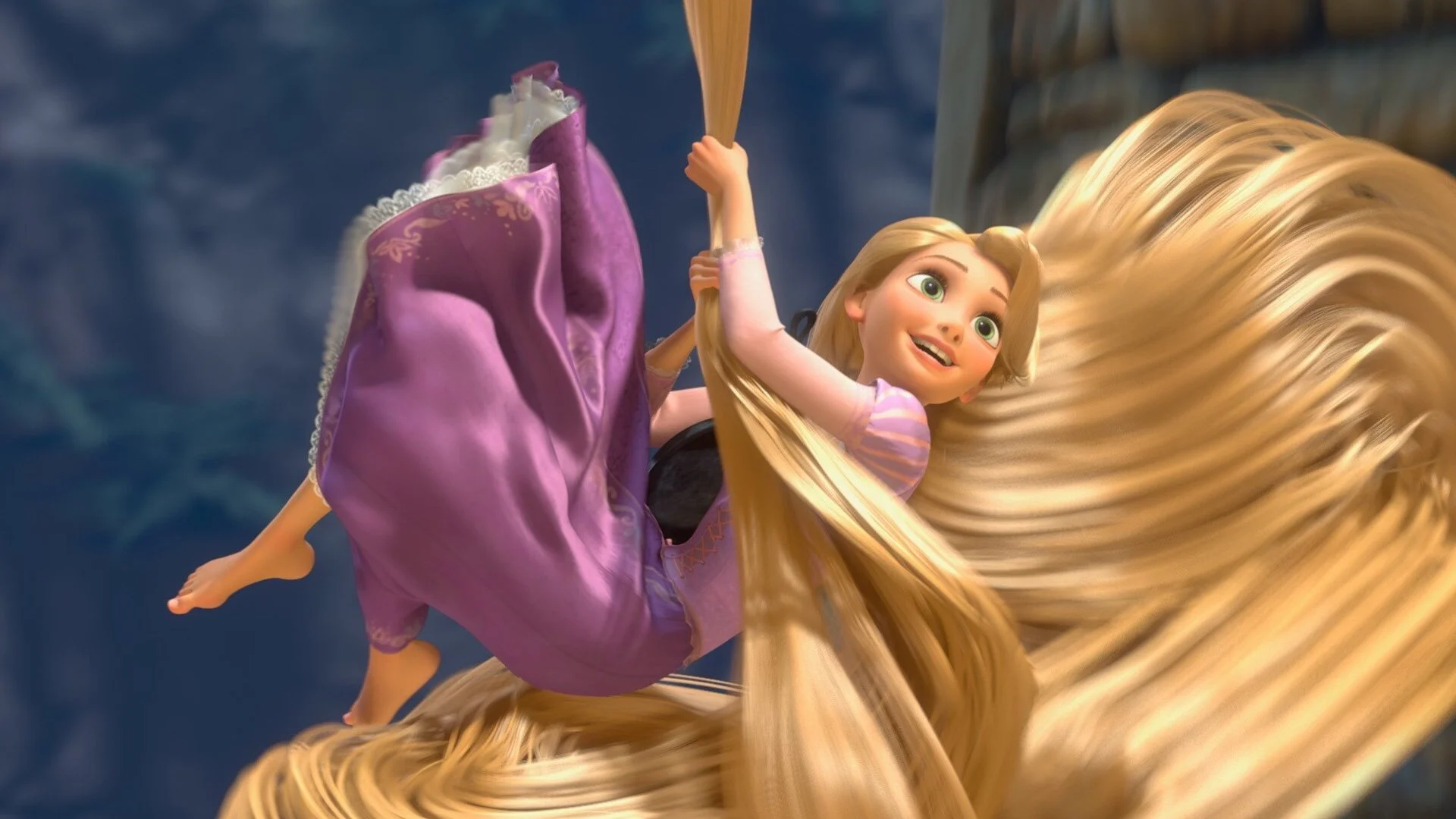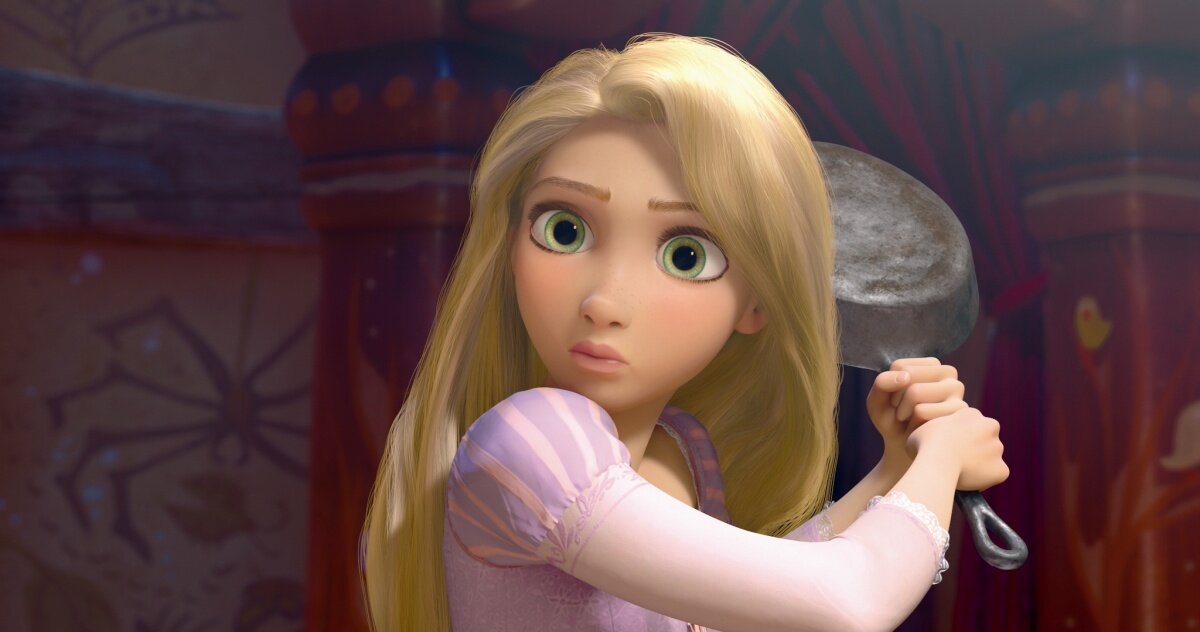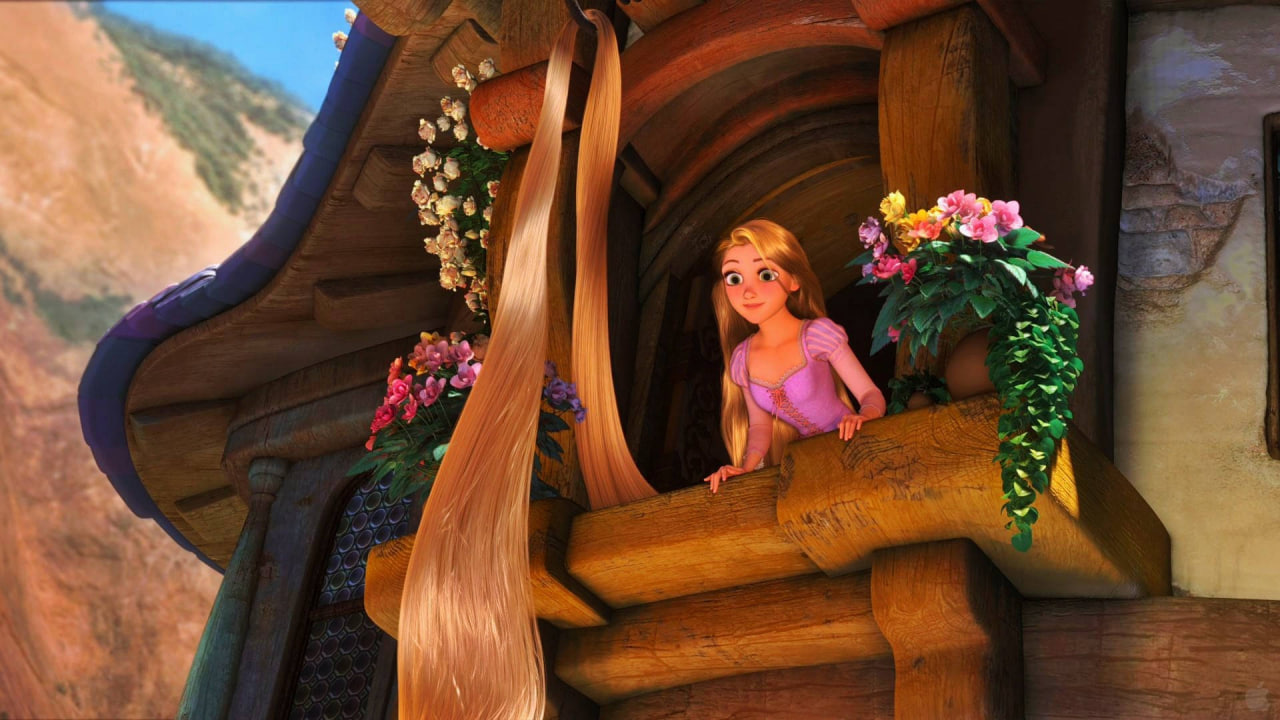A calcareous water is water rich in calcium and magnesium ions, and the more charged it is, the more “hard” it is said — yes, that is always surprising for a liquid… The hardness of water depends on the terrains it passes through, c This is because some regions such as Île-de-France, Hauts-de-France, Auvergne-Rhône-Alpes and Provence-Alpes-Côte d’Azur are particularly affected due to their specific geological characteristics.
If this water is perfectly drinkable (and it is also interesting to drink it, because calcium and magnesium are two essential minerals for the correct functioning of the human body, but it cannot produce them by itself), it has harmful effects at different levels, especially on the health and beauty of the hair. We explain.

What are the effects of hard water on hair?
Under the influence of heat, the calcium and magnesium contained in hard water crystallize and form what is called tartar. Yes, that same limescale that clogs drains, shower doors, kettles, irons and all the other appliances that heat water to high temperatures. Well, pretty much the same thing happens to hair in the shower!
Hairstylist Devin Toth explains it to the magazine Byrdie :
While hair is wet, hard water minerals can seep into strands and crystallize as they dry. This crystallization creates a film that prevents moisture from entering or leaving the hair, which can make the hair more dry and brittle, dull the color or weigh down the volume.
No one is immune to hard water damage, but some hair types can be affected more than others. This is especially the case with curly hair and all porous hair in generalincluding those that have been weakened by the spots.
But it’s not just the lengths that are affected, the scalp is also abused by too hard water! Indeed, by depositing on the head, limescale can cause itching, dandruff and even have an impact on hair growth and hair loss.
How to limit the damage to hair caused by hard water?
If a move to Brittany is not planned, there are some solutions to reduce the hardness of the water and regain shiny and light hair.
A water softener
The most radical, and the one that allows you to reach all the water points in the house, is to install a water softener. This system, placed on the general water intake of the house or apartment, near the meter, makes the water softer and prevents problems due to limescale.
An anti-limestone shower head
For a more targeted (and less expensive) action, an anti-limestone shower head can also be installed which, depending on the model, can also help control water consumption.
An anti-limescale hair routine
To free the scalp and lengths from limescale deposits, integrating a clarifying shampoo into your skincare routine is a fundamental step. At the rate of one use per week, this expert product will dissolve minerals and allow the skin and hair fiber to breathe a little, and to better absorb and retain the active ingredients of other treatments such as moisturizing masks, which can be abused for counteract the drying effects of hard water.
A natural alternative is to rinse your hair with organic cider vinegar. In fact, thanks to its acidic pH, the king of vinaigrettes has the ability to eliminate limescale and restore shine to the lengths. But be careful, this rinse must also be rinsed, otherwise hello, it stinks!
Front page photo credit: Lepro Getty Images and Chakrapong Worathat
Source: Madmoizelle
Mary Crossley is an author at “The Fashion Vibes”. She is a seasoned journalist who is dedicated to delivering the latest news to her readers. With a keen sense of what’s important, Mary covers a wide range of topics, from politics to lifestyle and everything in between.




